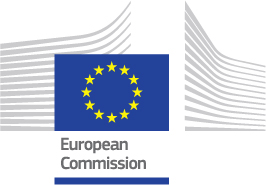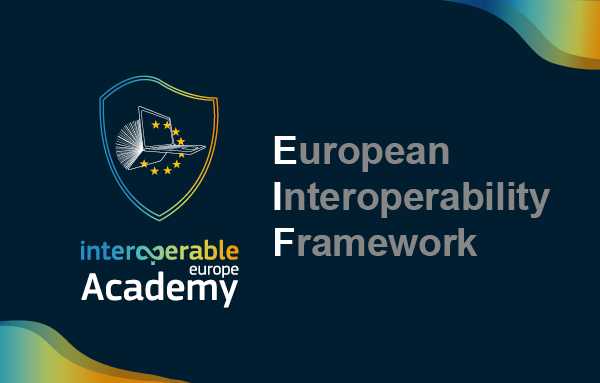IMAPS in practice
Course details
This eLearning has for objective to
enable current and future IMAPS users to understand what the IMAPS solution is
about and how IMAPS can support public administrations in improving their
digital public services towards seamless interoperability. This second module
shows how the IMAPS assessment works in practice by introducing a concrete case
of a digital public service, i.e. an online tax declaration service provided by
a public administration. It explains how to select and scope a digital public
service for the IMAPS assessment. Moreover, it navigates current and future users
through the different sections of the IMAPS questionnaire. The IMAPS users will
discover example questions on key interoperability enablers for the three
services areas included in the IMAPS assessment. Finally, a preview is given on
the final results with the IMAPS interoperability score and recommendations.
Target audience
This eLearning has been elaborated to introduce IMAPS to current and future users in public administrations with or without prior knowledge or experience in using IMAPS. The eLearning is also targeting professionals working on or interested in interoperability, administrative simplification or digitalisation of administrative procedures.Before taking this course, please also consider Module 1: Introduction to IMAPS to familiarise yourself with the IMAPS solution and how IMAPS can support public administrations in improving their digital public services towards seamless interoperability.
Learning objectives
At the end of this course, the users are expected to:
- Acquire practical understanding of the setup of the IMAPS survey;
- Be able to understand how to select & scope their digital public service for the assessment;
- Understand which information has to be collected on the digital public service in preparation of the assessment;
- Know how to navigate through the survey and complete the assessment.
This content is offered by the European Commission. The European Commission is the European Union's politically independent executive arm. It is alone responsible for drawing up proposals for new European legislation, and it implements the decisions of the European Parliament and the Council of the European Union.

Schedule
- Course Information
- IMAPS in Practice
- Feedback
- Results
- !! Report Any Technical Issue Here !!



